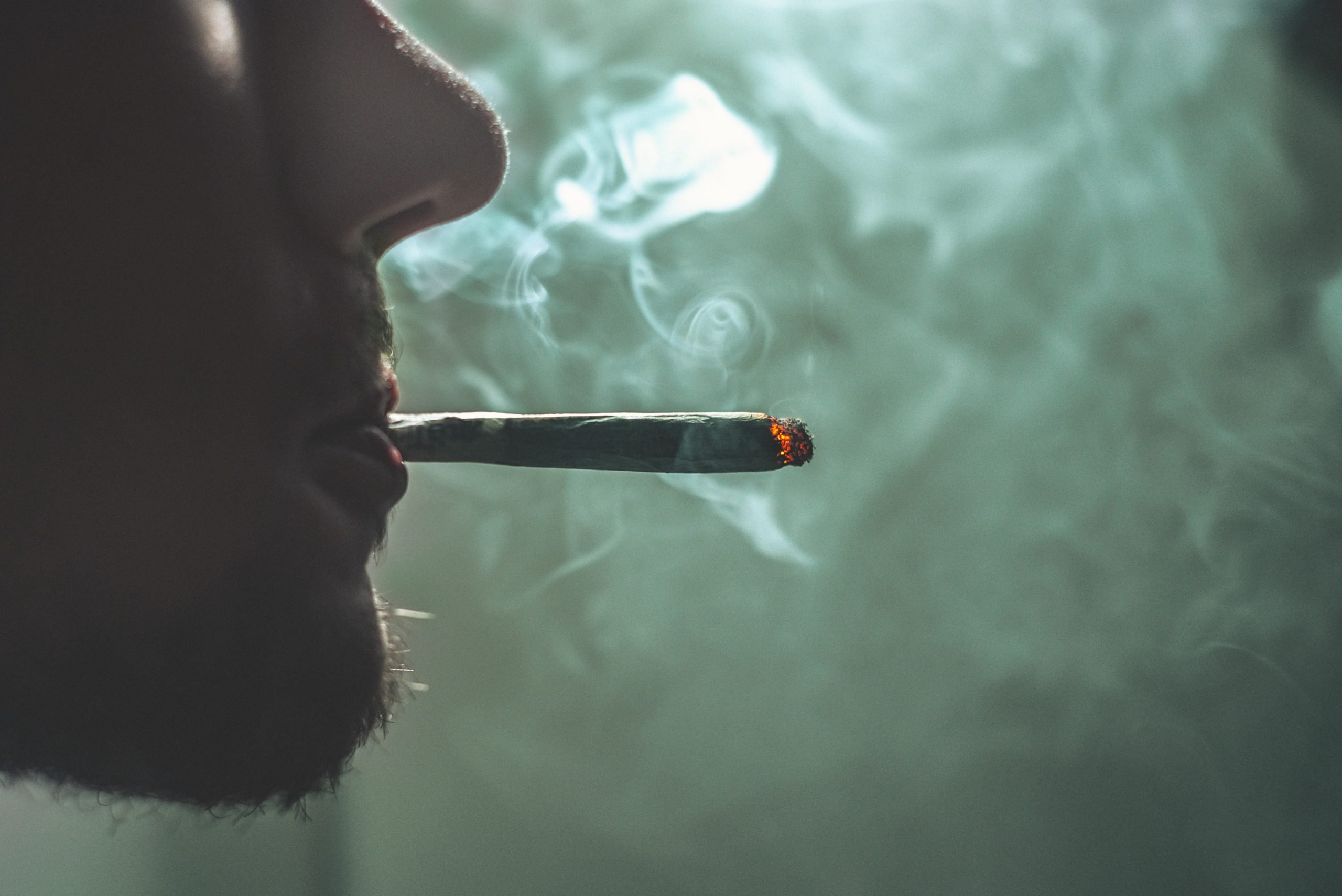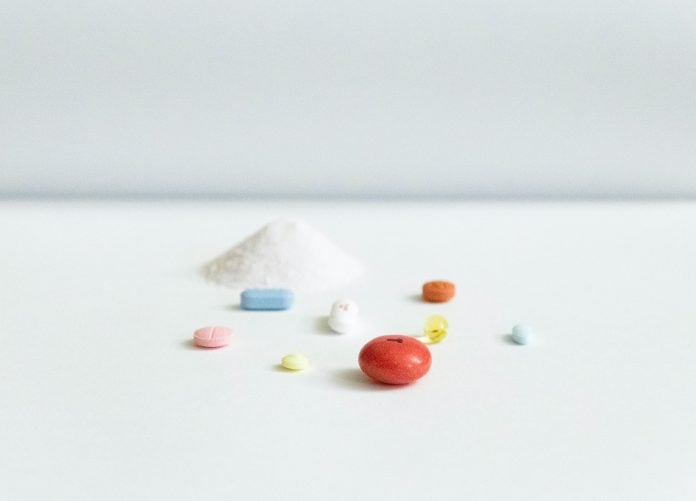History of Drug Policy in Portugal: From a Public Health Crisis to Decriminalization
On July 1, 2001, Portugal became the first country in the world to decriminalize all drugs, including meth and heroin. The law made drug possession for personal use legally prohibited, while drug trafficking remains a criminal offense. Portugal now has some of the lowest drug usage rates in the European Union (EU), where most countries hold criminalization models. Despite having one of the lowest uses of drug usage in the EU, the rate did not incredibly decline prior to 2001. However, drug-related pathologies such as STDs and fatal overdoses decreased dramatically. Experts argue this is the case due to the Portuguese government offering treatment to citizens due to decriminalization, rather than criminalizing addicts.
Why did Portugal decriminalize all drugs?
The history of rampant drug use goes back decades prior to decriminalization. The drug epidemic was at its worst in the 90s, as well as the rise of HIV cases. In 1999, Portugal had the highest rate of HIV among injecting drug users in the European Union. Drug abuse was burdening the criminal justice system with the time of police and courts, as well as the high cost of imprisonment, which was taking a large portion of taxpayer money. To solve the issue, the drug epidemic was deemed a public health crisis and the Portuguese government concluded that a punitive approach to drug addiction was inhumane and ineffective. The law came about as an approach to focus police resources on those who profit from the drug trade, rather than the victims while proving a public health approach to drug users. The law reflects the principles of humanism and the right of people suffering from drug addiction to receive rightful treatment, rather than punishment.
CDTs were established, regional panels made up of three people such as social workers and medical professionals who are equipped to deal with those who have been reported in possession of drugs. They evaluate whether the person in question is an occasional or dependent drug user and take appropriate action. If it is the case that the individual is dependent, they will encourage them to seek treatment or an education program.
Was the Decriminalization of Drugs a Success in Portugal?
The decriminalization of drugs in Portugal rapidly decreased the number of deaths from overdoses. Only five years later, the number of street drug overdoses dropped from 400 to 290 annually. The number of new HIV cases decreased from 1,400 to 400, in just 6 years. Drug treatment also improved massively. The number of people in treatment went from 6,040 in 1999 to 14,877 in 2003, an increase of over 140%. The investment was made in increasing drug education in schools and creating awareness about the dangers of drug addiction.



Data sources: TheLancet, drugpolicy.org, EMCDDA, VHPA
What’s the Difference Between the Legalization and Decriminalization of Drugs in Portugal?
Are drugs legal in Portugal? No! If you are visiting Portugal for a “coffee shop” Amsterdam experience, think again. While all drugs are decriminalized in Portugal, this does NOT mean they are legal. So, what’s the difference between legalization and decriminalization? Legalizing drugs would mean that there are zero legal prohibitions behind narcotics. Adults would be able to run down to your local store and buy them, just like you would a pack of cigarettes in Portugal. On the other hand, decriminalization in Portugal removes criminal sanctions against the consumption of drugs. A person under the possession of a drug under a specific amount will not be prosecuted. This does not mean that individuals are never arrested for drug-related behavior. While the consumption of drugs is decriminalized, this is not true for the selling of drugs. This is where the line between the two sometimes becomes blurred. Let’s address the law in the next section.
Drug Laws in Portugal
While all drugs have been decriminalized for consumption, selling these is still illegal and can lead to imprisonment. In Portugal, possession is decriminalized in particular amounts for personal use, depending on the substance in question. For hashish, for example, a drug made by compressing parts of the cannabis plant, individuals are allowed to possess 5 grams of the substance. For cannabis flower, you can have up to 20 grams on you. The amount will vary by substance and will be lower for drugs such as methamphetamine and heroin, but has been decided in accordance with the “regular” amount for a 10-day personal supply. Again, just because personal possession is decriminalized, does not mean it’s legal. If you are caught with a small number of drugs you could be issued a “summons” and your drugs could be confiscated.
Therefore, if you are caught with more than the legal amount, such as 5 grams of hashish, you could potentially be arrested and persecuted for drug trafficking. The law says that it is a crime when anyone produces, buys, or transports an illicit drug that is not for personal use and is above the legal amount. A prison sentence for drug trafficking is between 1 to 5 years in Portugal. However, the Portuguese justice system can be lenient if they find that a person is being accused of drug trafficking to fund their own personal addiction. This can lead to a reduced sentence.

Frequently Asked Questions about Drugs in Portugal
Are drugs legal in Portugal?
Drugs are not legal in Portugal, this is a myth. However, all drugs are decriminalized, including largely stigmatized drugs such as meth. Portugal has taken a public health approach to drug use by not criminalizing those in possession of drugs. Still, possessing a specific amount of a drug could be considered drug trafficking and is considered a crime. The allowed amounts will differ by drug, but for example, individuals can legally carry up to 5 grams of hash in Portugal.
Will you go to prison in Portugal if you are caught with drugs?
If you carry over the legal amount of a specific drug, you could face criminal persecution. The legal amount will vary by drug. For cocaine, it is legal to carry up to 2 grams and for hash, it is legal to carry up to 5 grams in Portugal. You can also carry up to 20 grams of cannabis flower.
Is weed legal in Portugal?
Weed is not legal in Portugal, it is decriminalized. You can have up to 20 grams of cannabis flower without it being a crime. This does not mean, however, that if the police find you in possession, they will let you keep it. They will likely confiscate it from you. This is in great contrast to places like the UK, where you can go to prison for up to 5 years for the possession of cannabis. Moreover, as of 2018, medical cannabis is legal in Portugal. Those with cannabis licenses can purchase medical marijuana from licensed pharmacies, but this is still highly uncommon.


